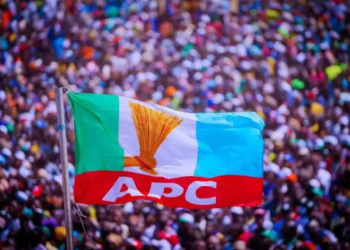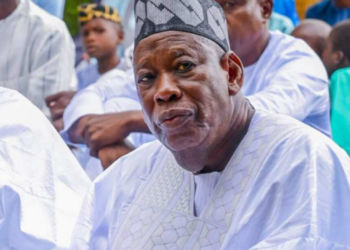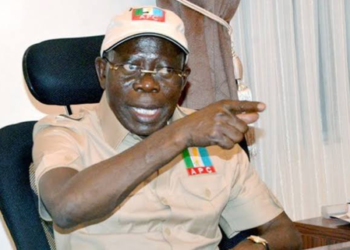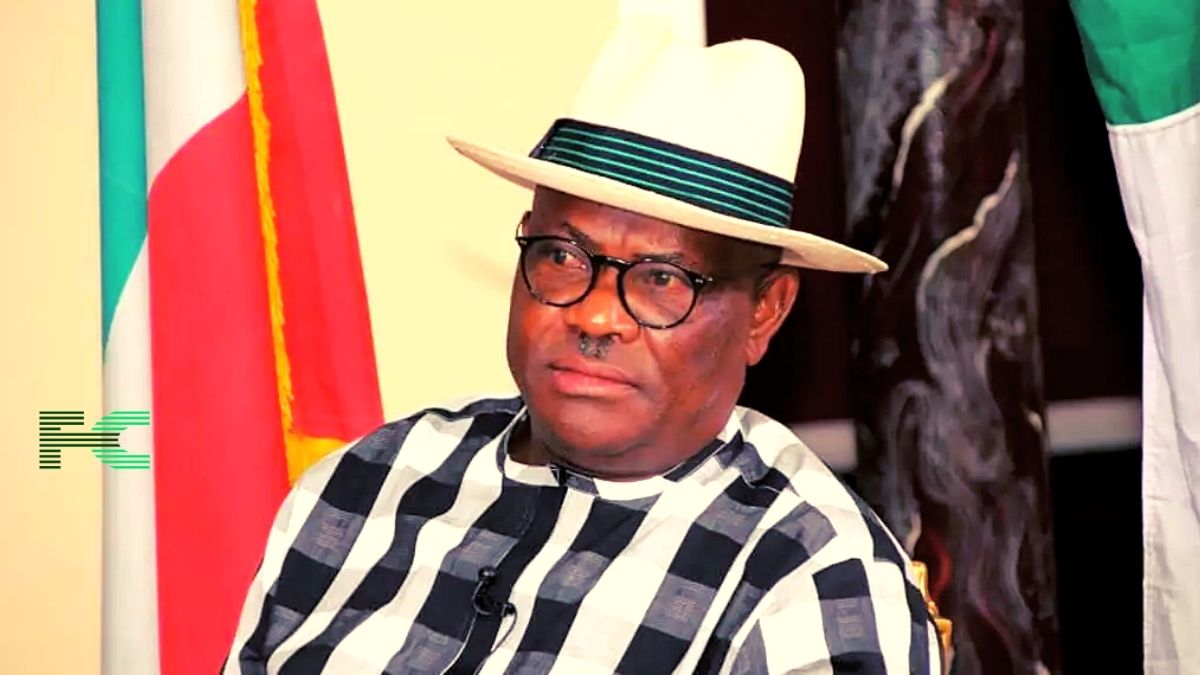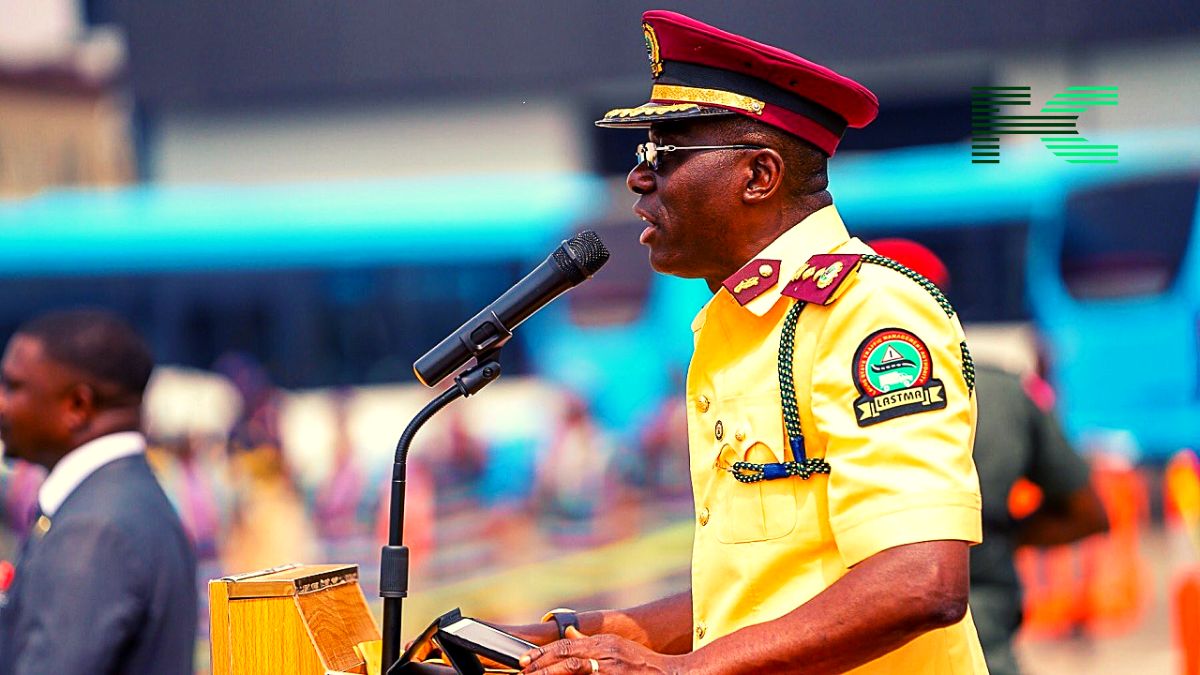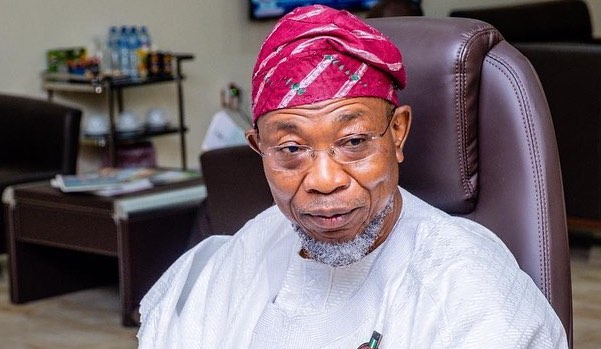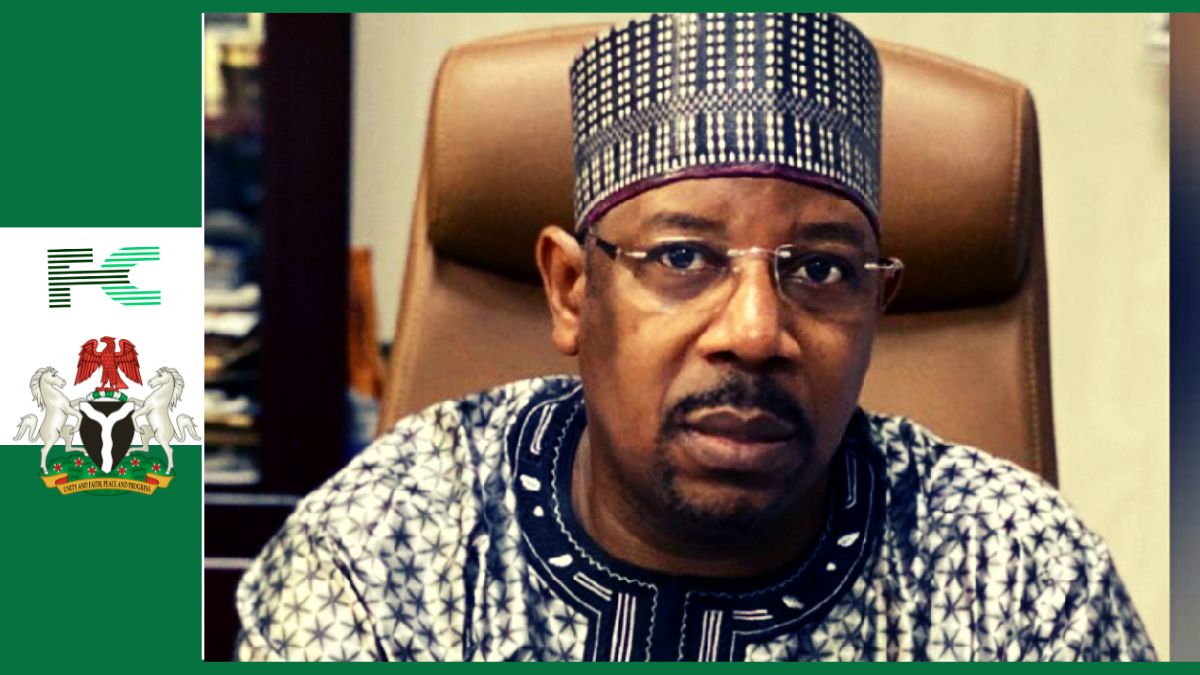In 1999, after the restoration of Democratic rule in Nigeria, Nigerians widely accepted the new turning point. This was seen as the key to promoting legitimacy and changing the culture of exclusion.
These goals cannot be achieved under a military regime, but despite more than two decades of civic democracy, the unequal distribution of power and resources continues to affect people’s rights to equal protection and due process. It disproportionately affects the poorest people in Nigeria.
One of the reasons for the persistence of this inequality is that the country has not incorporated democratic principles into its governance to protect citizens’ rights to information, participation in decision-making, and access to justice.
The confusion about the Democracy Day and the change from May 29 to June 12 opines that it was not complete democracy that happened on May 29, 1999. The fact that Nigeria has slid back to similar situation, which undergirded the return to presidential democracy from long military regime, shows that the country is yet to shout “Hallelujah” regarding constitutional order and inclusive governance.
In many ways, we are back to status-quo: A former military head of state is at the helm of affairs, just as it was in 1999. Has the election process improved over the years? What about the judiciary and legislature? Despite all the real and imagined institutional weaknesses, the current constitutional reforms give the impression that the country is going back and forth: the scale is directionless and there is no sign of progress.

Before the birth of the Fourth Republic, Nigerians dreamed of ending the tyranny of the military regime and human rights violations. Democracy is crucial, and the emergence of many pro-democratic groups has suppressed the demand for a new government system that respects the basic rights of citizens. In the 1993 presidential election, when the final stage of the transition plan between the military and civilian government of Ibrahim Babangida reached its climax, Nigerians were united and urged the army to withdraw to the barracks.
The June 12 Protest
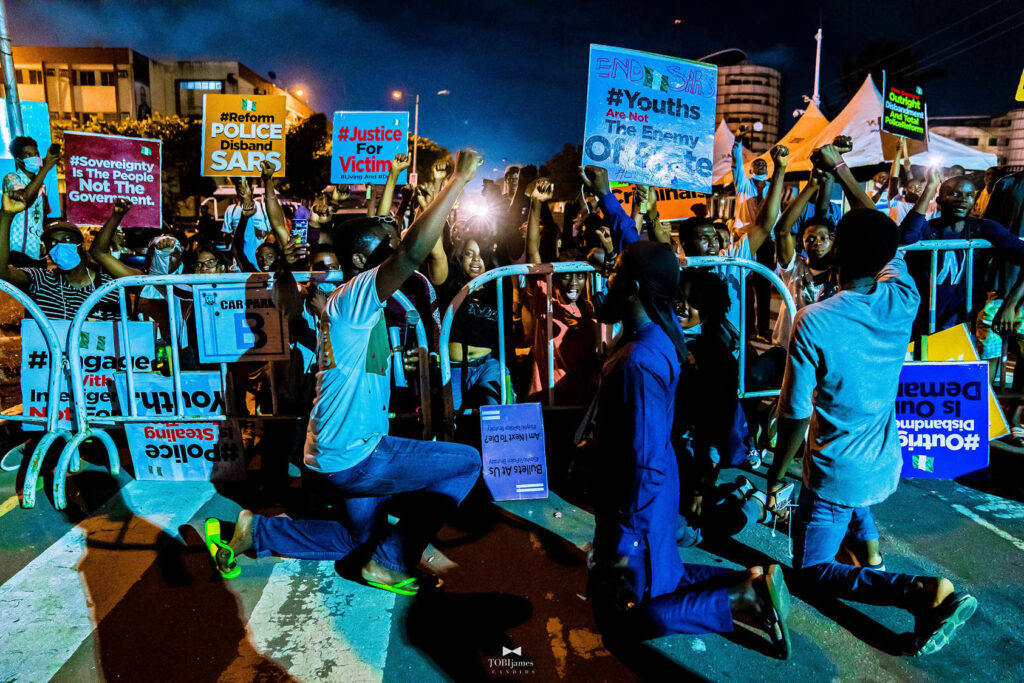
The protests sound a wake-up call for all Nigerians. The recent developments compel a revisiting of a 2005 report commissioned by the United States National Intelligence Council, which discussed the likely trends in sub-Saharan Africa over a 15-year period. It concluded that despite the holding of multi-party elections, some African countries will still be “democratic competitors.” In other words, they will not achieve true democracy. The report also predicted the complete collapse of Nigeria. Unsurprisingly, this report caused a sensation in the media. This sparked controversy and a debate about what it said. The Nigerian government immediately condemned the report.
How accurate is the forecast for 2020? In my opinion, although Nigeria cannot provide democracy for its citizens, it is not a failed, destroyed and disintegrated entity, but a weak country that fails to provide its citizens with basic public goods in principle. Its imperfect government system has had serious consequences for its social and political development, economic growth, peace and reunification.
Way Forward
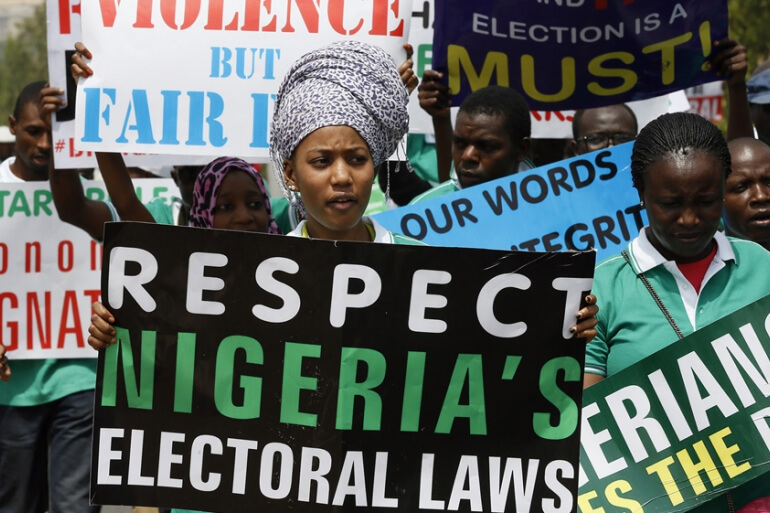
The country exists to provide certain public goods to the masses. The most important of these is to ensure human safety and protect basic rights and freedoms. An unsatisfactory state system hinders social and political development and economic growth. The government and its institutions must be transparent, responsive, and accountable to the people. Young people and other members of society should also have the opportunity to participate in the decision-making process, the doubt must be eliminated.
If Nigeria is determined to live in unity and harmony as an indivisible country, the current situation provides Nigeria with the opportunity to repair these generational mistakes.
Happy Democracy Day!

